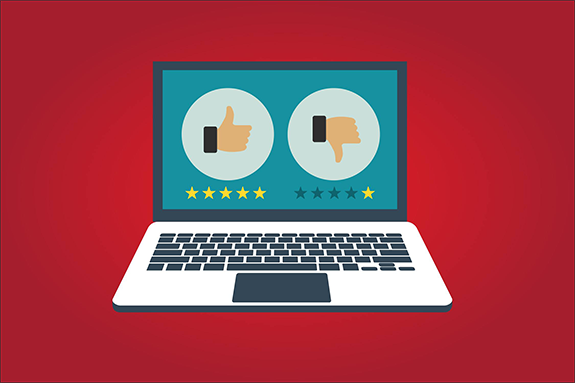How to Monitor Your Online Reputation








How to Monitor Your Online Reputation
Monitoring your online reputation is crucial for both businesses and individuals to maintain a positive digital presence and prevent any negative content from damaging their brand. Here are several tips and tools that can help effectively monitor your online reputation:
1. Set Up Google Alerts
- Google Alerts is one of the simplest tools for reputation monitoring. You can set alerts for your business name, key products, services, or any relevant keywords. Google will send you an email every time those terms appear in new content online (articles, blog posts, forum discussions, etc.).
- This allows you to track mentions of your brand across the web, ensuring you’re aware of both positive and negative conversations.
2. Social Media Listening Tools
- Social Media Platforms like Twitter, Facebook, Instagram, and LinkedIn are where people often discuss brands, services, or products. Manually searching your brand name or product can help, but it’s more efficient to use social listening tools like Hootsuite, Sprout Social, or Brandwatch. These platforms help track mentions of your brand, analyze sentiment, and monitor trends across multiple platforms simultaneously.
- Social media monitoring can alert you in real time, allowing for quick responses to negative comments or reviews.
3. Reputation Management Tools
- More comprehensive tools like Reputation.com, Brand24, and ReviewTrackers offer a full suite of features for tracking mentions across multiple channels (reviews, social media, news articles) and gathering insights on customer feedback.
- These platforms not only alert you about mentions but also help you track your online reputation’s health through sentiment analysis and provide actionable insights.
4. Review Sites
- Regularly check online review platforms such as Google My Business, Yelp, Trustpilot, and TripAdvisor (for relevant industries). These sites have a direct impact on how your business is perceived by potential customers.
- Responding promptly to both positive and negative reviews shows that you value customer feedback and are committed to improving.
5. Use SEO and SERP Monitoring
- Search Engine Results Pages (SERP) play a key role in shaping your online reputation. Tools like SEMrush, Moz, and Ahrefs allow you to track how your brand’s name and key terms appear in search engine results. Monitoring your SEO rankings ensures that positive content about your brand is ranked higher than any negative material.
- It’s important to optimize positive content to push down negative articles and reviews in the search rankings, which is a critical aspect of reputation management.
6. Monitor Forums and Blogs
- Forums and blogs are another valuable source for reputation insights. Websites like Reddit, Quora, and industry-specific forums often feature user-generated content discussing products and services. Monitoring these platforms can help identify emerging trends, customer pain points, and praise.
- BuzzSumo and Google Blog Search are great tools for identifying relevant discussions on blogs and forums.
7. Use Advanced Sentiment Analysis Tools
- Sentiment analysis tools can automatically analyze online mentions and determine whether they’re positive, negative, or neutral. Tools like Lexalytics, MonkeyLearn, and Awario offer sentiment analysis features that can help you understand the emotional tone of the conversations surrounding your brand.
- This helps you evaluate the impact of any negative content and decide how to address it.
8. Evaluate Web Traffic and Analytics
- Analyzing your website traffic through Google Analytics can help you gauge public sentiment about your brand. If you notice sudden drops in traffic after a negative event or article, it could be an indicator of how that content is affecting your reputation.
- Additionally, reviewing your website’s bounce rate, session duration, and traffic sources can help understand how visitors are engaging with your brand after reading about it online.
Conclusion
Monitoring your online reputation involves tracking mentions, analyzing sentiment, and responding swiftly to any issues. By using a combination of free tools (like Google Alerts) and more advanced reputation management software (like Brand24 or Reputation.com), individuals and businesses can keep their online image intact and take proactive steps toward enhancing their digital presence. Regular monitoring ensures that you stay ahead of potential problems, address concerns in real time, and protect your brand from long-term damage.
Online Reputation Management (ORM) in the context of political campaigns or businesses looking to maintain a positive image online:
- #ReputationManagement
- #OnlineReputation
- #BrandReputation
- #DigitalReputation
- #ReputationMatters
- #ProtectYourBrand
- #ORM
- #CrisisManagement
- #BrandProtection
- #OnlineBranding

